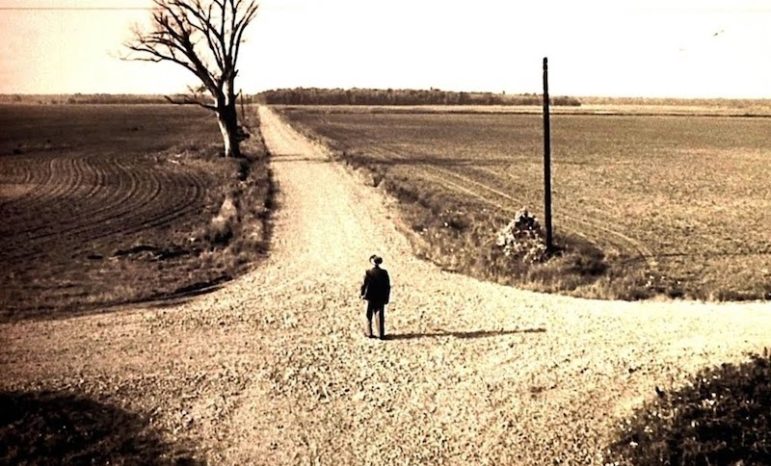
Belated congratulations to the Piedmont Education Foundation. The Annual Giving Campaign ended last month and the Campaign exceeded its $2.5M goal by $350,000. Much of this record giving was attributed to first–time donors and record parent participation – over two-thirds of parents contributed this year. (Who can say no to Nicki Gilbert?!)
So, parents, on the heels of this record giving, I have a question – can you write another check? Maybe not tomorrow, but sooner than you think.
The Second Interim Financial Report presented at the School Board last month shows, that while good for this year and into next, PUSD has to implement $460,000 in cuts to maintain a 3% reserve fund, required by state law (VIEW HERE).
The District is also under state-mandate to set aside more funds for teacher retirement plans which means more cuts to school programs. (See Rick Rausenbush for more details.) And if that’s not enough, the recent Enrollment and Capacity Study (School Board, 2/13/2019) reports that enrollment will be down by over 50 students in the 2019-20 school year. Piedmont gets about $10,000 per student from the state so do the math. This is becoming an annual crisis for the School Board.
Meanwhile, across Magnolia Ave, the City is flush with cash. Property and transfer tax receipts continue to come in well above estimates (view more HERE). Unlike the District, every year the City has to divert excess revenue into side accounts to stay just below a reserve fund of 20% of the General Fund ($5M). This “surplus” is by design – the City projects transfer tax receipts to come in at $2.8M, an outdated low estimate, while real receipts come in at $3.5M and above. Even with home sales down last year, the tax came in at $3.9M. State and regional funding – the county sales tax, COPS funding, the Gas Tax – all bring up to $1M annually to Piedmont. The City has no retirement benefit issues thanks to $12M surplus in the pension fund. And if that’s not enough, the City will soon come into even more “found” money. The City pays off some bond debt this year, freeing up $1M in revenues in May 2020. The Sewer Replacement Program, funded by annual sewer tax receipts of $2.5M, is entering its last phase and will soon require substantially less support. What will the City do with all this new revenue?
Why this matters is the fact that both the District and City are getting ready to ask residents for more taxes and it’s important that the District ask for all that it needs and the City not overdo it. The next School Parcel tax is being readied for the ballot and it should at least be raised to account for the mandated retirement fund payments. But so much more is needed by the District, it’s hard to see how the tax can be raised enough. Given the Bay area cost of living, wouldn’t it be great to offer our teachers a stable 4-year contract with raises? The City just did for its own employees. While the District struggles, the City is gearing up for a recreational facilities bond initiative. The pitch is maintenance and some facilities are in need of major repair but the proposals for the Aquatics Center, Coaches and Linda Beach are all significant expansions. In light of declining school enrollment, is this expansion necessary?
Here’s an idea – why not redistribute tax revenue so the District receives more funding from the local tax base? Don’t raise taxes – restructure them.
City property and transfer tax receipts grow thanks to newcomers here for the schools so why not shave off some city revenue and send it to the District? Or convert some of the Sewer Replacement Tax into a School Maintenance Tax? Now is the perfect time as city revenues spike up in the coming year.
How can this happen? The District and City could enter to discussions but judging from the recent term limits and SRO exchanges, that seems unproductive. Candidates for School Board and City Council in 2020 could start talking this up and pledge to work on it if elected. That takes too long. A third option is to get about 1000 signatures to put a question on the ballot – that would take some research into what can and can’t be done with local property taxes but a majority of Piedmonters would likely support sending more of their overall taxes to the District.

So Piedmont is at crossroads – fund the schools to the proper level or upgrade recreational facilities?
Unfortunately this straight-forward choice won’t be put to the voters – the School Parcel Tax will be on the next ballot and the City bond initiative on a future ballot. A voter initiative might be the only way to get the District and City to confront this issue head on.
In 2012 I was the sole ballot signatory opposing the City’s asked for $11M Sewer Tax supplement. EPA requirements and costs were overstated and double counted. At the time Piedmont had rehabilitated over 60% of its mainline sewer and was ahead of the other seven Cities under court order by the Bay Keeper lawsuit(s). The unneeded tax failed by a 50/50 margin, the largest in Piedmont parcel tax history as it needed 2/3 to pass. Piedmont has continued rehabilitating its mainline sewer and the work should be completed by 2023-2024 under the existing sewer tax. The EPA required total replacement by 2035.
While the Sewer Fund will eventually have to reimburse the General Fund $800k, the 2018-19 budget projects a General Fund balance of $5,386,000 and a Sewer Fund balance of $2,625,846. The City is financially healthy.
Garrett Keating’s point is well taken. Hopefully the School District will soon put a progressive per square foot of building tax before voters, which will more easily fund the District as the current flat tax costs 75% of voters more money than the previous partially progressive tax. Commensurate with that the City should not place before voters unneeded taxes and bond measures.
Piedmonters have been historically complacent about accepting taxes put before them and virtually all parcel taxes pass. Few in town take the time to look at the complex fact sets and the Council initiated committees largely rubber stamp what is asked for by the City.